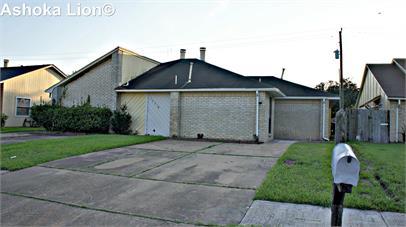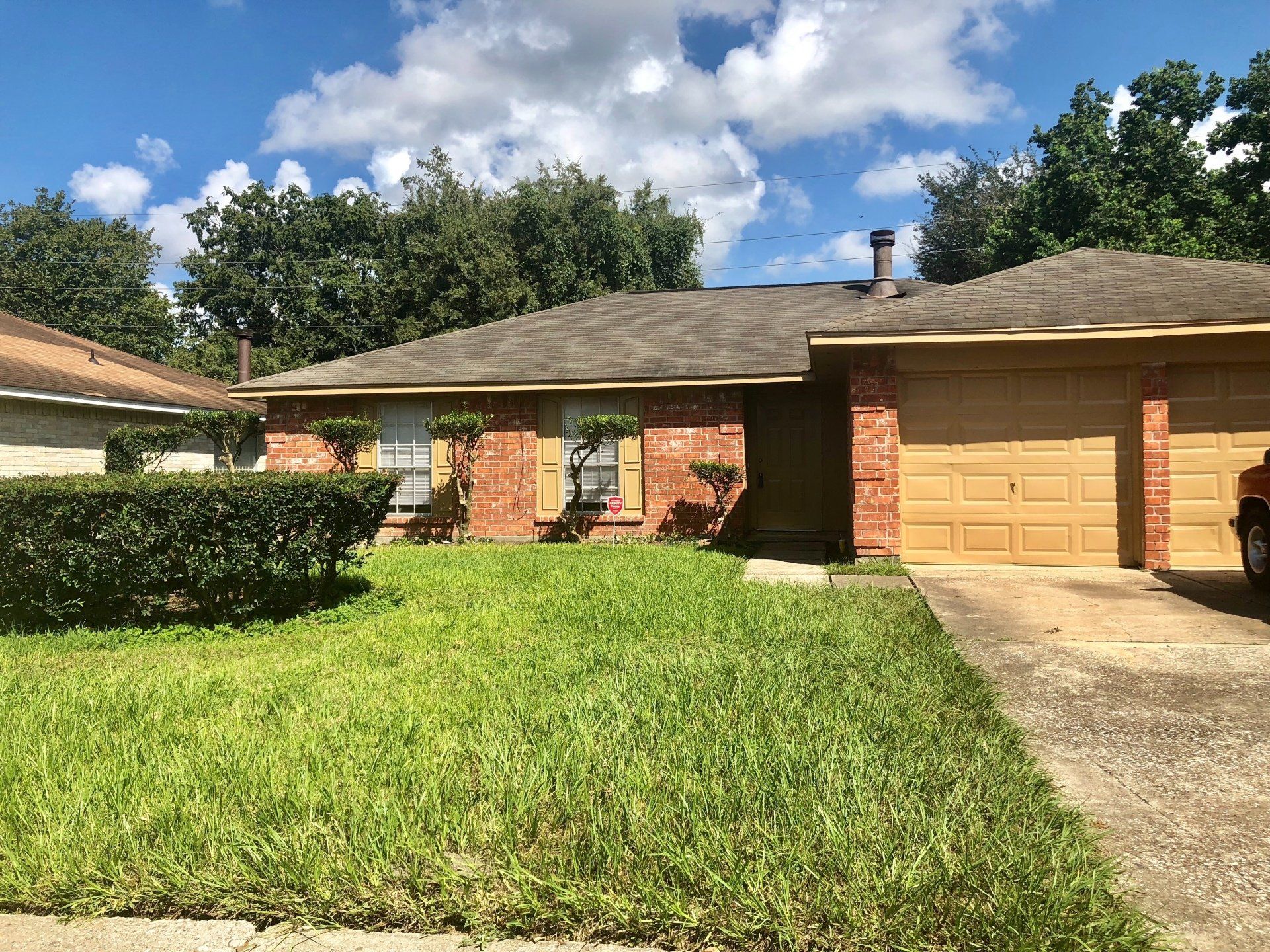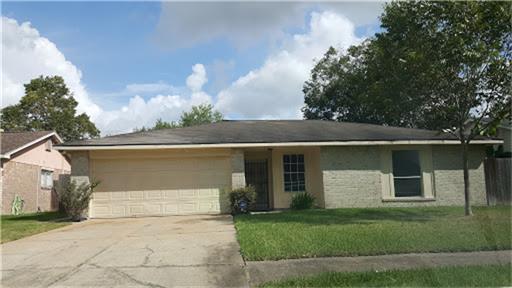Eviction Moratorium Proves Real Estate Different than Stocks
Being a landlord is not easy and it require sufficient understanding of benefit and risk

The Brookings Institute has recently chimed in with a position on the current rental moratorium that was enacted by the CDC after the Trump administrations executive order to protect renters. This effort is the latest in a line of efforts by the Federal and State Government to prevent a massive wave of homelessness. Projections for the evictions are approximating 40 million Americans will face evictions. However, the public is not assessing the impact to landlords who are bearing the brunt of these non payments. I think that the moratorium highlights why real estate investors who are landlords must understand that it is a uniquely different vehicle for investing than stocks. The short term future looks pretty rough on investors, but the right mentality and expectations can make it a solid long term vehicle if you position it as such.
Who are the landlords in America?
As a property management firm, we are witness first hand the impact of these difficult times on tenants and landlords. Landlords are being tasked with the difficult task of maintaining their obligations to mortgages, insurance, property taxes, and maintenance. How are they supposed to do this for a prolonged period of time if they are not able to collect rent? People often drive the image that landlords are like Warren Buffett or some of the ultra wealthy people in the United States. However, many studies or experts cite that over 40% of landlords are the "mom and pop" landlords. Some of these landlords moved to a new home and decided to keep their old home as rental to add some income and build a retirement income. Some landlords had to relocate to another job and decided that they could not sell the home at the time or they would face huge losses when you deduct the commissions, prorations of tax, home warranty, etc from the sales proceeds. There are some who have built up small portfolios of home to help them build income for themselves in the long run. Now, in the recent decade or so, large institutional investors are entering the market to try to gain returns based on economies of scale. However, these landlords will gain clout as more and more "mom and pop" type investors are forced out to not having the large reserve to withstand months and years.
The Financial Realities of Being a Buy and Hold Real Estate Investor (landlord)
Being a landlord is not a get rich quick method to make money and our property management firm counsels clients as such. The average rage of return for real estate hovers around 5 to 9% a year. However, unlike stocks where the investment is the money put into the stock; a real estate investor has actual payment obligations every year.
- Property Taxes: Are local government entities going to be able to survive if landlords do not pay their taxes? In Texas, schools are funded by property taxes. How will schools who need every dollar that they can get to help develop new programs or protocols in this pandemic environment going to be able to fund all these new burdens?
- Mortgage: Forbearance programs are not forgiveness programs, so if banks forbearance runs out, then the money is due that was not previously paid. Most investors are aware that tenants who are not able to pay now will not be able to pay those balances back with their future rent obligations. How will banks get their payments? Remember the real estate crash of 2008 was fueled when investors and other homeowners could not make their debt obligations.
- Insurance: Mortgages require insurance so investors have to maintain insurance obligations. In addition, in Texas, investors are buying properties that could be at risk of flooding. The flood insurance rates have soared after that our flooding this past decade (Tax Day Flood, Memorial Day Flood, Harvey, etc). Where are owners getting the additional funds to cover insurance obligations when insurance rates are allowed to adjust to their risk.
- Capital Improvements/Maintenance: Can investors ignore fixing a broken pipe? A roof leak caused by a storm? These are obligations that landlords have to weigh even if tenants are not paying.
What does this mean? Stocks have unrealized stock price fluctuations that are gains or losses, but a real estate investor who rents their homes accrues additional obligations that must be paid out every single year regardless of the price or gain of the home. Therefore, the real value in a landlord investment is a long term vision where the obligations are minimal in regards to a loan and the property cash flows comfortably in the long run. When do most mortgages get paid off? Many people have 15 year or 30 year obligations, so it is definitely not a investment for the faint of heart. These historical 5% to 9% positive returns can get wiped out if you are not actually collecting any money.
Real estate investments are not like stock investments
There are investors who conflate attributes of stocks concepts like ease of obtaining liquidity in the market , ease in participating, ability to achieve short term outsized returns, etc. in the buy and hold arena. In my experience and statistically there are many differences in the characteristics of buying buy and hold investment real estate from buying stock.
- Real Estate is not a liquid: is not easy to sell a property like it is a stock where the sale is almost instantaneous. It may take days or weeks to close and in that period anything can happen so a sale is not guaranteed if it goes under contract.
- More Legal Obligations regarding the sale: When a investor sells a property, they have obligation to full disclosure and failure to do so has huge legal ramifications in the future if it is discovered.
- Cost Obligation to hold the investment: After you invest in a stock,
Investors must have appropriate expectations to make this a investment vehicle
As a real estate broker and property manager, when I discuss with clients who entering to buy investment property, I discuss with them their expectations of return. I often hear that the only acceptable returns ones are double digit returns (like 13 to 16%, etc). I follow up that questions with a simple question of what kind of risk or headaches do they want to deal with? Often times, they say want safe deals with the funds coming in every month. This is where in our interview that I explain that if you are seeking out huge returns that outpace stocks and the historical rate of return on real estate investments; then you must be willing to invest in properties that need more work, require more hands on efforts regarding maintenance, etc. If you are not, then the returns are going to be much more modest.
What kind of investors can invest in real estate with these barriers?
Investors can succeed in the market but they must retain the appropriate expectations and have sufficient reserves to handle the ups and downs of the industry.
Long term vision: To a buy and hold real estate investor in residential real estate, the best time frame for your investment is a long term one. This window is focused on it being a engine of your retirement plan as a income source. If you cannot fathom a long term hold then it may not be a great short term hold. You could face any short term peril in a year (Hurricane or Pandemic for example), so those are the low points of your experience. By staying strong during these low points, you can work to recoup those short terms losses. This is how you achieve the historical returns is not by looking at one or two low years, but it is looking at the window over a decade, etc.
Sufficient Reserves: Investors who enter into the real estate market with funds to invest must consider that after the investment is made will you be able to maintain your other obligations without it? It is not only the amount that you are investing, but it is the on going cushion that you have to handle the ups and downs of being a landlord (repairs, vacancy, etc. ) . To many real estate investors are not able to withstand the obligations and this puts them at risk of failure. If you are not comfortable with the idea that you may have to carry the cost of your rental portfolio from time to time, then is being a landlord the right investment vehicle for you?
What are the benefits of owning rental property?
In this market, it can be difficult to see a benefit of owning rental property. However, if you are betting on our country rebounding from the pandemic and returning to a solid economy; then the benefits of owning rental property versus stocks can be clear.
- Owning tangible asset: If you visit list of the wealthiest individuals in America ; there are often many people who own tangible assets like real estate. A stock is a paper valuation of a company that can disappear just as quickly as it appeared.
- Depreciation Expenses: Depreciation expenses can provide a tax benefit to offset cash returns on rents paid.
- Straight Forward Business Model: In many business models, the system or process in how they make money is often not clear to investors who buy stocks. In the landlord industry, the basic premise of providing a place to live for a fee per month is very straight forward.
- Cash payments versus valuations based on future promise or intangible valuations: Stocks are often priced on valuations based on predictions of future growth or profitability. The value of a rental property in many markets can correlate to cash flows received. There is price appreciation in some markets, but this is not necessarily the bedrock of why a investor invests in a market to be a landlord. The landlord is trying to evaluate the money received from rents and see the return after all the expenses, and this simple formula is the basis of their wealth accumulation.
I know that today's market conditions for landlords facing a eviction moratorium without any rental assistance has made the taste for many investors go sour. This maybe the case today, but if we are banking on a long term shift back to normalcy; then we must see that the future will get better if we can hold on during these difficult time. Also, this moratorium highlights that owning real estate is not a quick rich path and confusing it with the wealth building strategies in the stock market will hurt many investors who will not be ready for the difficulties that are inherent in owning and managing a rental portfolio. This is more akin to running a business like a gas station or some franchise locations in that it often requires effort and struggle to succeed. As a Houston and Dallas area property management company, our goal is to help investor navigate these turbulent times as best we can.









